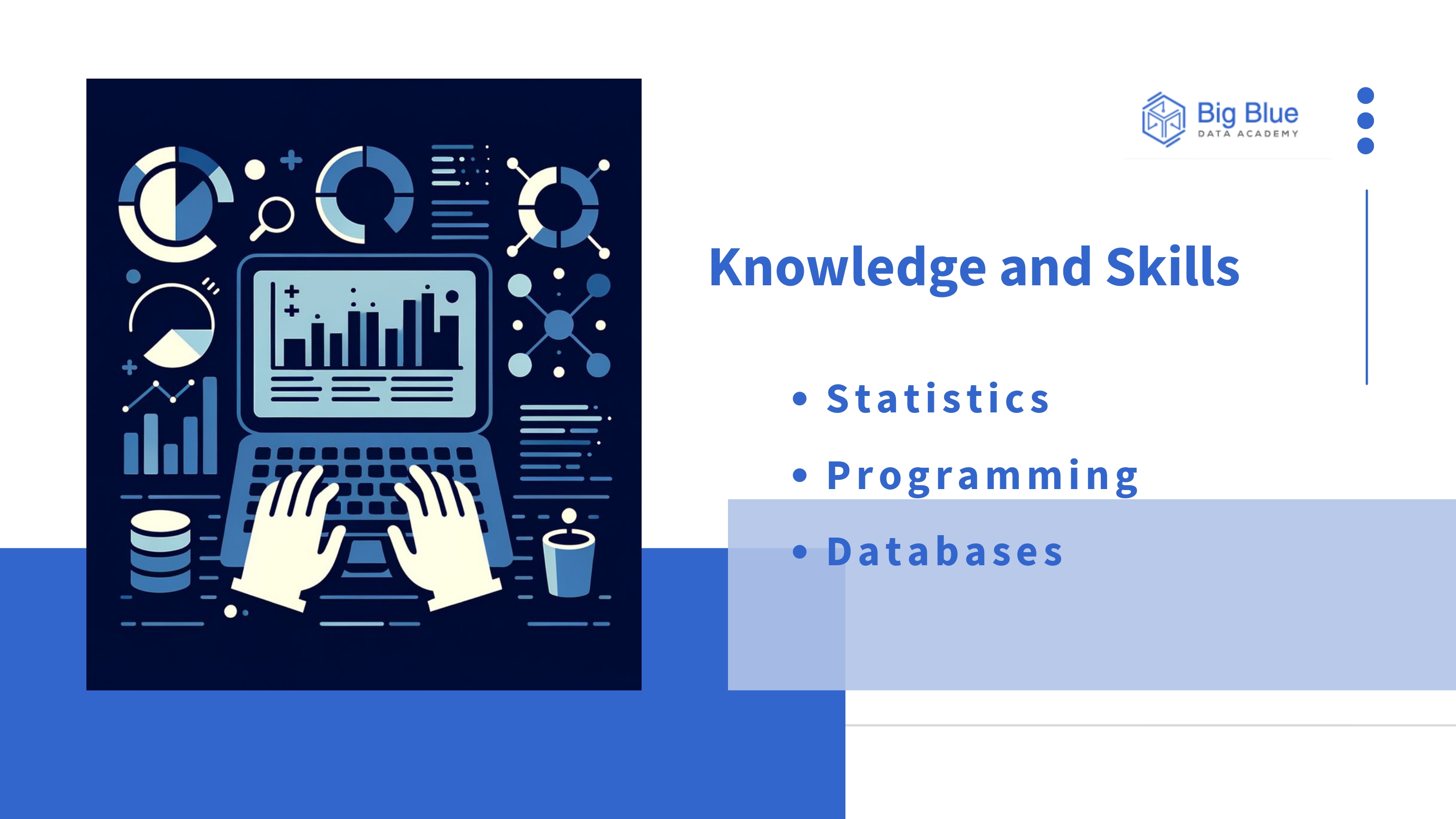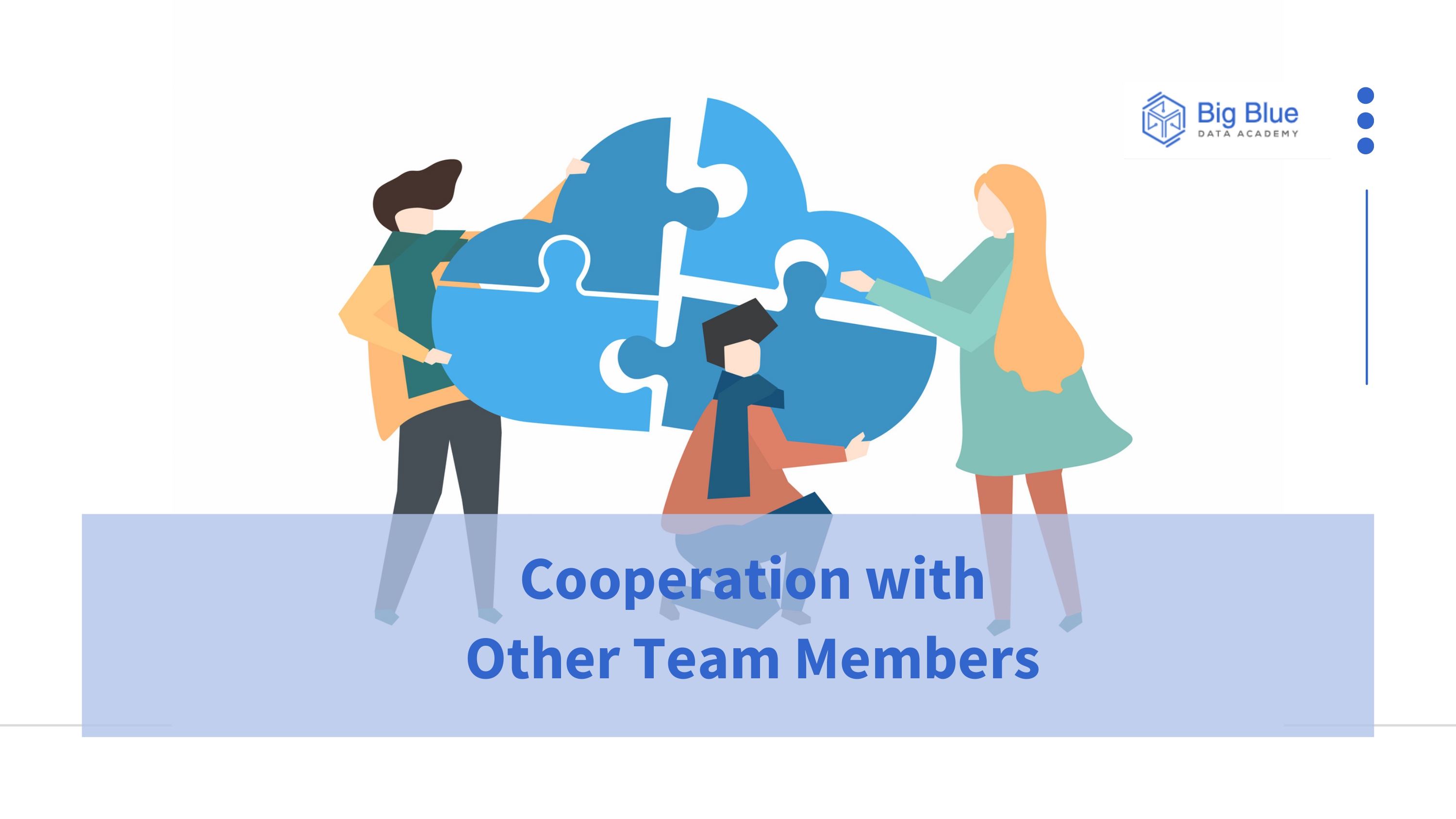5+1 Must-Knows Before Diving into Data Analyst Work
Are you ready to explore the world of Data Analytics? Before you begin this exciting journey, there are some key things you need to know.
This article will provide you with the information and tips you need to fully understand the Data Analyst job landscape and begin your adventure with confidence and success.
In particular, we will talk to you about:
-What is behind the job description
-Knowledge and skills of a Data Analyst
-The importance of self-training
-Working with different types of data
-What happens with the expectations of others
-The collaborative context
1) Data Analyst: Behind the Job Description
When you're looking for a Data Analyst position, surely your focus is on the job description, right? That's normal.
But let's talk a little bit about reality here. The actual experience as a Data Analyst can be very different from what you already have in mind.
The challenges you face may include analyzing large and complex data sets, dealing with ambiguities or inconsistencies in the data, and developing solutions to address such challenges.
In addition, you may be required to communicate with other team members or clients to understand and interpret the results of your analysis.
2) Knowledge and Skills

Before starting your career in Data Analytics, it is important to have a good understanding of the basics of statistics, programming, and databases.
Familiarity also with programming tools and languages such as Python, R, SQL, and data visualization tools is fundamental.
3) The Importance of Self-education
It's reasonable to expect that your colleagues on the team will be able to mentor and train you in the field of data analytics. However, the reality is usually different.
Your colleagues may have different priorities and commitments that do not allow them to devote enough time to train you.
Instead of relying solely on them, it's important to take the initiative to explore self-training resources such as books, online courses and training videos.
This way, you'll be better prepared to address the challenges that arise in the field of Data Analytics and develop your skills independently.
We recommend you consider our Data Analytics Bootcamp, which offers comprehensive training and practical experience.
This saves you valuable time and prepares you for a successful career in Data Analytics.
4) Working with Different Types of Data
In the field of Data Analytics, you will analyze different types of data. So, as a Data Analyst you will work with different types of data, such as numerical, text, graphical and more.
Your role will involve collecting, cleaning, analyzing and visualizing this data in a way that can be understood by other team members or clients.
It is important to recognise the diversity of data and develop your skills to use and analyze it effectively.
5) Managing the Expectations of Others
In addition to the above, in Data Analytics you'll often find yourself facing reactions from others regarding your analyses. They may not be satisfied with your results or disagree with the interpretations you propose.
This is perfectly normal. The important thing is not to get upset. You must learn to manage these expectations and reactions professionally.
Open and constructive communication can help in understanding the problems and finding solutions that will satisfy all parties.
Develop your skills to present your data clearly and convincingly answer questions, thus gaining the trust and recognition of your colleagues.
6) Cooperation with Other Team Members

As a Data Analyst, you often collaborate with other team members such as Data Scientists, Software Engineers and Project Managers.
Your ability to effectively communicate and collaborate with these individuals is critical to the successful development and implementation of data analysis plans.
In Conclusion
Never forget that data analysis is much more than numbers and graphs. It is a journey of discovery, challenge and creativity.
Every piece of data you analyze holds a story and every analysis is an opportunity for learning and growth.
So keep exploring, learning and creating!


.jpg)